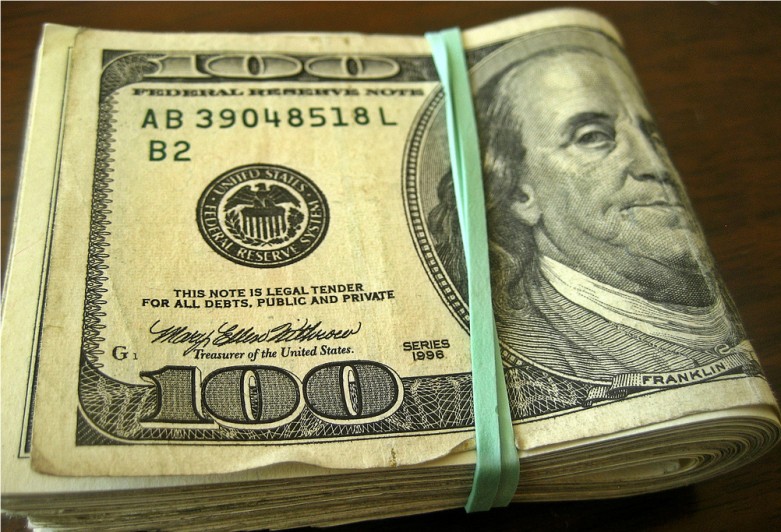
Local TV, Political Consultants and Election Profiteering
A recent ProPublica investigation highlighted a network of political action committees that consultants and strategists set up as front groups designed to funnel money back to those who established them.
In the report, which examined PAC expenditures, Kim Barket found that the PACs spent just a small percentage of the money they raised on concrete actions to get candidates elected.
“Mainly, they paid consultants,” Barket wrote. “And the biggest chunk of that consultant money went to Russo, Marsh and Associates, and people connected to the firm.”
The investigation looked at three PACs set up by Russo, March and Associates and found that the company took home roughly half of the money the political action committees raised.
Some amount of election profiteering has always been part of modern campaigns. This trend has accelerated since the Supreme Court’s Citizens United decision unleashed a new era of corporate campaign spending. When money is no object, the objective quickly becomes making money.
In the wake of Mitt Romney’s loss in November, much was written about the high-priced consultants who ruled his campaign. A Washington Times story just weeks after the election found that:
Mitt Romney’s presidential campaign paid millions of dollars to companies led by top advisers and, by many measures, the campaign got less to show for it than in-house staffers performing a labor of love for President Obama’s campaign, expenditure records show. The Romney team spent twice as much as the Obama campaign on direct mail and telemarketing, paying tens of millions of dollars to two companies tied to Romney aides.
Sources inside Romney’s campaign told Ben Howe of Red State that the campaign was a “consultant con job” and attributed its failures to a “tightly wound consultant culture.”
One of the consultants the Washington Times profiled was American Rambler Productions, run in part by a strategist working for the Romney campaign. American Rambler was the brains behind many of Romney’s TV ads. According to the Washington Times, the campaign shelled out $173 million to American Rambler, but notes that much of that money went directly to TV stations.
Indeed, TV stations are the other great election profiteers. As we have shown, television stations in key swing states raked in major profits from political ads while rarely, if ever, reporting on the organizations buying ad time. Recent estimates put the total haul going to TV stations at about $3 billion for the 2012 election. My colleague Timothy Karr has called political ads “the engine that powers an influence industry that has enriched legions of political consultants and media buyers.”
Political consultants and TV station executives are turning our electoral system into their own personal ATM. Together they’re turning elections into a perpetual race toward the next payday. This is a system where lawmakers have to spend an increasing amount of time with consultants who help them raise money to pay for more consultants and more TV ads.
We can short-circuit this cycle by enforcing the transparency rules that are already on the books and by demanding better disclosure from broadcasters. We’ll be talking about all of this and more at the National Conference for Media Reform with sessions like “United Citizens vs. Citizens United” and “From Billionaires to Big Media: Democracy Up for Grabs.”
Click here to learn more about the conference and to register today.
Original photo by Flickr user 401(k) 2013